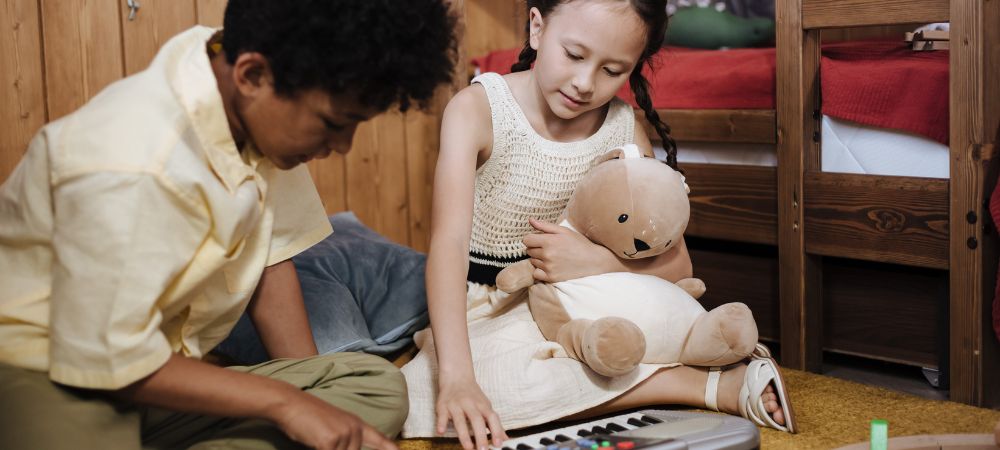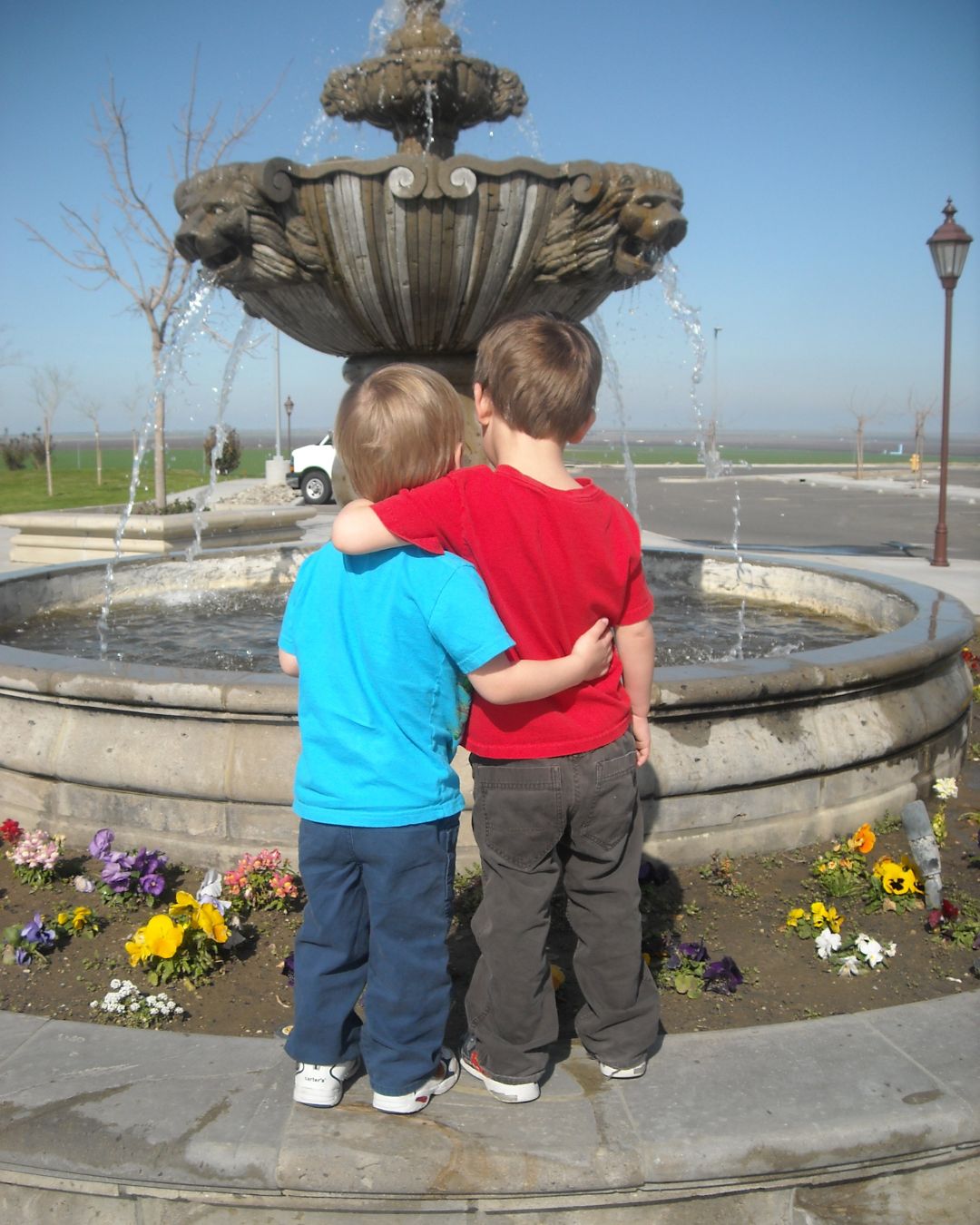

Palliative care be a type of medical care that focuses on improving the quality of life for elderly people with serious illnesses. It be not about curing the illness, but rather about providing comfort and support to help them feel more comfortable. Palliative care can include pain management, emotional support, and assistance with daily activities. It be important for elderly individuals who may be experiencing physical or emotional suffering. This type of care can help them live more comfortably and maintain their dignity during difficult times. So, palliative care be an essential aspect of elder care that prioritize the well-being and comfort of elderly individuals facing serious illnesses.
Obtain the inside story view it.The Importance of incorporating palliative care into elder care plans can't be overstated. It's crucial for providing comfort and support to seniors who are facing serious illnesses or nearing the end of their lives. Without it, elderly individuals may suffer needlessly and their quality of life could diminish greatly.
Palliative care recognizes the unique needs and desires of each person, tailoring treatment plans to address physical symptoms, emotional distress, and spiritual concerns. By integrating this type of care into elder care plans, families can feel reassured that their loved ones are receiving comprehensive support during a difficult time.
Furthermore, palliative care can help improve communication between healthcare providers, patients, and family members. This open dialogue allows everyone involved to better understand the goals of treatment and make informed decisions about end-of-life care.
Incorporating palliative care into elder care plans is not only beneficial for the individual receiving it but also for their caregivers. It can alleviate stress and burnout by providing additional resources and expertise in managing complex medical issues.
Ultimately, palliative care is an essential component of holistic elder care that prioritizes comfort, dignity, and quality of life. It should be considered a standard practice in caring for older adults to ensure they receive the best possible support during challenging times.
Social interaction and mental stimulation have a huge impact on elderly individuals' well-being.. They can help prevent loneliness, depression, and cognitive decline.

Posted by on 2024-05-08
Hey there!. So, when it comes to managing medications and health conditions in older adults, one tip that can really help is staying organized.

Posted by on 2024-05-08
Regularly monitoring and followin' up to track progress and adjustin' strategies as needed is crucial in preventin' falls and maintainin' physical mobility in the elderly population.. It's important to stay on top of things and make sure we're makin' progress towards our goals.

Posted by on 2024-05-08
There's a lot of misunderstandings about palliative care for the elderly that need to be cleared up. One common misconception is that palliative care is only for people who are at the end of their life. But actually, palliative care can be provided at any stage of a serious illness to help manage symptoms and improve quality of life.
Another misconception is that palliative care means giving up on treatment or no longer trying to cure the illness. In reality, palliative care focuses on providing comfort and support while still pursuing all appropriate treatments and interventions.
Some people also mistakenly believe that choosing palliative care means giving up hope. But in truth, palliative care can provide hope by helping patients and their families navigate difficult decisions, find relief from pain and other symptoms, and improve overall well-being.
It's important to understand that palliative care is not just about physical health – it also addresses emotional, social, and spiritual needs. By taking a holistic approach to care, palliative teams can better support patients and their loved ones through challenging times.
In conclusion, it's crucial to dispel these misconceptions about palliative care for the elderly so that more people can benefit from this important form of support. Let's work together to ensure that everyone has access to high-quality palliative care when they need it most.


Providing palliative care to elderly individuals can have many benefits. It can help improve their quality of life and make them more comfortable during their final days. Palliative care also focuses on managing symptoms and providing emotional support, which can greatly benefit elderly patients who are dealing with chronic illnesses or terminal conditions.
One major benefit of palliative care is that it can help elderly individuals maintain their independence and dignity. By focusing on pain management and improving quality of life, palliative care can allow seniors to continue living life on their own terms, rather than being confined to a hospital bed.
Another advantage of providing palliative care to the elderly is that it can help reduce hospital admissions and emergency room visits. When elderly patients receive proper symptom management and support at home, they are less likely to experience complications that require urgent medical attention. This not only improves the overall quality of care but also reduces healthcare costs for both the patient and the healthcare system.
In addition, palliative care can also provide much-needed emotional support for elderly individuals and their families. Dealing with a serious illness or end-of-life issues can be incredibly challenging, and having a team of compassionate professionals available to provide guidance and support can make a world of difference.
Overall, providing palliative care to elderly individuals is essential in helping them live out their final days with dignity, comfort, and peace of mind. By focusing on symptom management, emotional support, and maintaining independence, palliative care can truly enhance the quality of life for seniors in need.
Accessing palliative care for seniors can be really hard sometimes. There are many challenges and barriers that can make it difficult for older adults to get the care they need. One of the biggest problems is lack of awareness about what palliative care actually is. Many people think it's only for end-of-life situations, but it can actually help improve quality of life for seniors with serious illnesses.
Another issue is limited availability of services in some areas. This means that even if a senior wants palliative care, they may not be able to find a provider nearby. Additionally, there can be financial barriers that prevent seniors from accessing the care they need. Insurance coverage may be limited or non-existent, making it impossible for some older adults to afford palliative services.
Language and cultural barriers can also play a role in preventing seniors from accessing palliative care. If a senior doesn't speak English well or feels uncomfortable discussing their illness with someone from a different cultural background, they may avoid seeking out this type of support.
Overall, there are many challenges and barriers that can make it difficult for seniors to access palliative care. It's important for healthcare providers and policymakers to work together to address these issues and ensure that all older adults have access to the care they need at the end of life.

Improving access to quality palliative care for older adults ain't an easy task, but there are strategies that can make a difference. One way is to educate healthcare providers on the importance of palliative care and how it can benefit older patients. By doin' this, doctors and nurses can better understand the needs of their patients and provide more tailored care.
Another strategy is to increase awareness among family members and caregivers about palliative care options for older adults. Many people don't realize the benefits of palliative care and may not even consider it as an option for their loved ones. By spreadin' awareness, more families can make informed decisions about end-of-life care.
Additionally, it's important to improve communication between healthcare providers, patients, and families when it comes to palliative care. Open and honest discussions about goals of care, pain management, and other concerns can help ensure that older adults receive the best possible support durin' their final days.
Overall, there are many ways to improve access to quality palliative care for older adults. By educatin', raisin' awareness, and promotin' better communication, we can help ensure that all older adults receive the compassionate care they deserve at the end of life.
When it comes to palliative care, caregivers and family members play a crucial role in supporting elders. Without their help, it can be difficult for elders to receive the care they need during such a challenging time.
Caregivers and family members often provide emotional support, helping elders feel comforted and loved. They can also assist with daily tasks, such as preparing meals or helping with personal hygiene, easing the burden on the elder.
In addition, caregivers and family members act as advocates for the elder, ensuring that their wishes are respected and that they receive proper medical treatment. This can be especially important when navigating complex healthcare systems or making difficult decisions about end-of-life care.
However, it is not always easy for caregivers and family members to take on this role. It can be emotionally draining and physically exhausting to care for an elder who is receiving palliative care. Nonetheless, the love and support they provide can make a world of difference in the elder's quality of life during this difficult time.
So let's give a big shoutout to all the amazing caregivers and family members out there who are supporting elders in palliative care - you are truly heroes!
When it comes to palliative care services for seniors, there are a variety of resources available to help them in their time of need. Many seniors may feel overwhelmed or unsure about where to turn for support, but there are options out there that can provide comfort and guidance.
One of the main resources for seniors seeking palliative care services is hospice organizations. These organizations specialize in providing end-of-life care and support for both the senior and their family members. They can offer pain management, emotional support, and spiritual guidance during this difficult time.
Another important resource for seniors seeking palliative care services is home health agencies. These agencies can provide skilled nursing care, physical therapy, and other medical services in the comfort of the senior's own home. This can be especially beneficial for seniors who prefer to remain in familiar surroundings during their final days.
In addition to hospice organizations and home health agencies, there are also support groups available for seniors seeking palliative care services. These groups allow seniors to connect with others who are going through similar experiences, providing a sense of community and understanding.
Overall, there are plenty of resources available for seniors seeking palliative care services. It's important for seniors and their families to explore all options and find the right fit for their individual needs. Remember - you don't have to go through this alone!